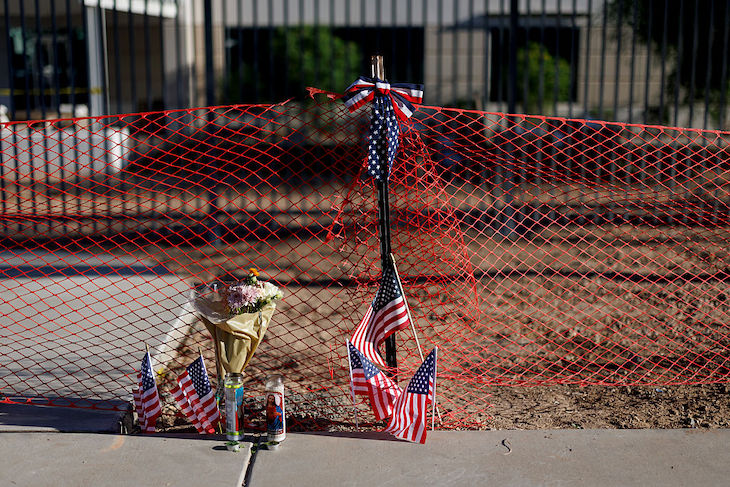The bloody ideological instability of the United States – demonstrated this week by the horrific killing of Charlie Kirk – has a root cause that is not widely discussed, except in shallow and polemical ways.
The nation of the United States was built on a faultline
It is theopolitics. That means the relationship of religion and politics. Of course we are mainly talking about Christianity, which has always been the nation’s dominant religion. It’s a pretty complicated topic, but that’s no excuse for not attempting to grapple with it.
There are two main ways in which Christianity relates to politics, and the United States is uniquely conflicted about which of these two should dominate.
For most of Christian history, the assumption has been that a nation needs religious unity, and that a form of Christianity should therefore dominate. The assumption roughly began with Constantine creating a Christian Roman empire in Byzantium. This could be called the theocratic model.
The other main form of Christian theopolitics began in the seventeenth century. It says that Christianity favours a new sort of politics in which religious freedom is central, and in which politics becomes detached, or semi-detached, from a religious basis. This could be called the post-theocratic model. (There is also a third form of Christian theopolitics, but it is rare to find it in a pure form. It says that all worldly politics is bad, that Christians should be entirely apolitical as they await the apocalypse.)
The post-theocratic model arose mainly in England and New England. But of course its rise was far from smooth and clear. It arose within Protestantism, but most Protestants opposed it, in favour of a version of the theocratic model, such as a strict Calvinism. Colonial America was a mix of the two visions. When the colonies gained independence, the post-theocratic model seemed to dominate. But it was a rather frail and muddled thing, in which a post-Christian rationalism, called deism, was central. Founding fathers, such as Thomas Jefferson, were strongly opposed to the idea of one official religion, and the new nation banned the ‘establishment’ of religion. But it was also assumed that Protestantism would dominate, that this religion was at the heart of national identity. This was bolstered by revivals of emotional Protestant devotion.
In other words, the nation was built on a faultline. The post-theocratic version of Christianity was its official founding creed, but it lacked deep roots in the allegiance of the people. Most of them wanted something closer to the old theocratic model – but the national story involved the rejection of kings, bishops, establishment, so there was no obvious outlet for this desire. So, away from its official ideology, America has always been seeking a new model of Christian theocracy. It has wanted a version in which there are many churches, but in which there is one big national-religious vision, with real political power.
The surprising thing is that the post-theocratic form of Christianity (liberal Protestantism) was so dominant for so long, that it kept this other thing at bay. Through the nineteenth and most of the twentieth century, the ruling class managed to present this as the core American ideology: religious freedom trumps the desire for religious unity, so a high degree of diversity and of secularism are fine – these things are integral to the American way, they are expressions of the nation’s broad religious identity. In the late twentieth century this story ran out steam. It no longer felt unifying. The key development was simply the rise of secularism, its dominance of culture. The majority no longer felt that the ruling class belonged to a broadly Christian narrative.
So America now has a choice. Either it continues its search for a new sort of national theocracy (new because the classic models of theocracy involve one dominant church, and America assumes the need for many churches). This will continue to be a bloody search, with plenty more Charlie Kirks. Or it seeks the revival of its gentler Christian vision. ‘But liberal Protestantism is dead!’ Well, let’s try to revive it then.








Comments